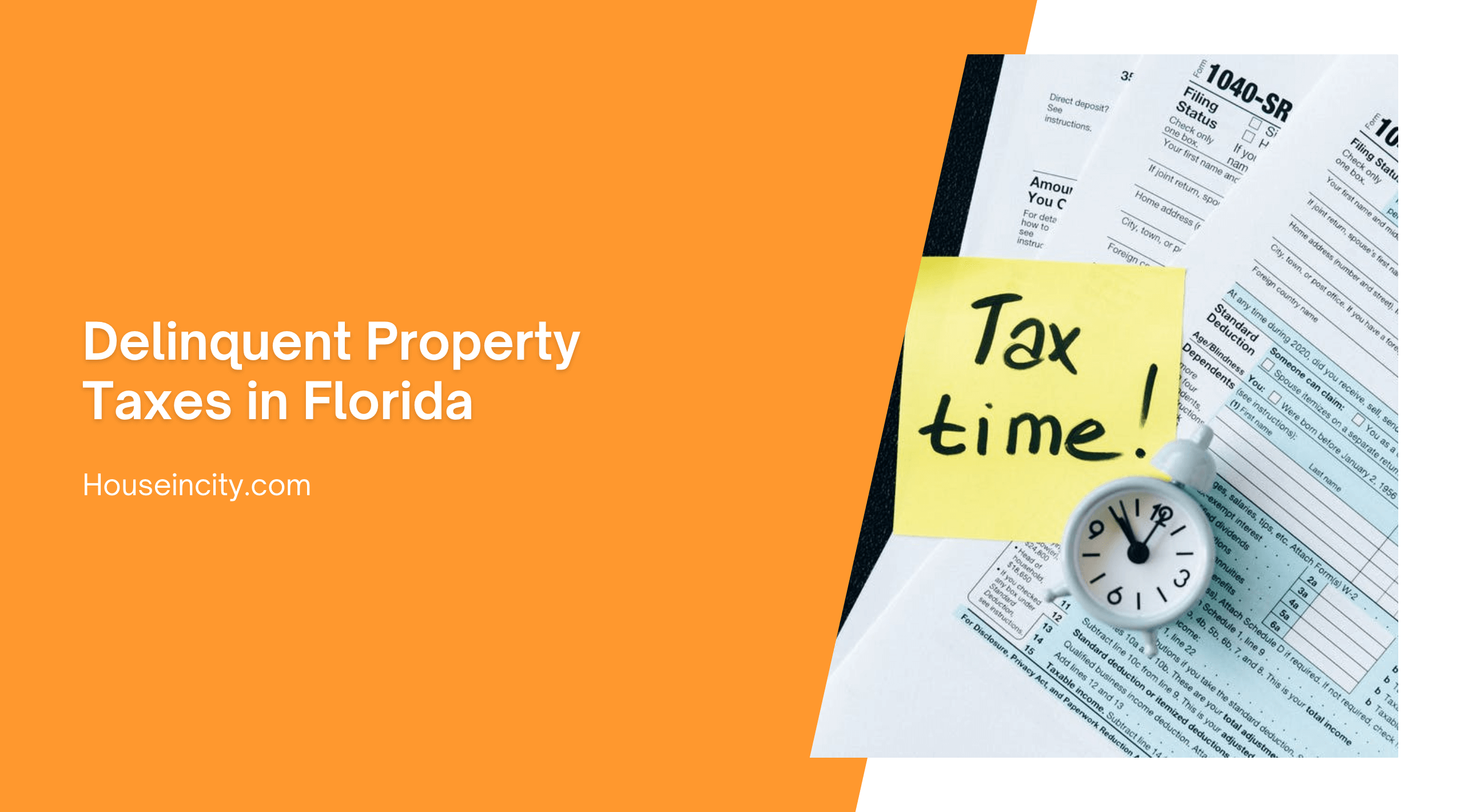If property taxes are not paid by April 1st of each year, they become delinquent. The owner has then defaulted on paying taxes at the appropriate time. Florida law then requires the local tax collector advertise or list the delinquent properties once a week in a local newspaper for three weeks. If the owner still has not paid the past due taxes, their tax bill will now include the cost of advertising and the cost of any collection fees thereafter.
Get the taxes paid by June 1st or it gets worse. The overdue tax amount becomes a tax certificate, which eventually could become an enforceable tax deed for the property to be sold. The investor can be any citizen who bids for these certificates for the total amount of the tax due to the county. Broadly speaking, each bid will be made in downward increments of one-quarter percentage points starting at a maximum of 18 percent. The lowest bidder (for example, 10 percent), not the highest (for example, 17 percent), is awarded the right to purchase the lien certificate, which then becomes the primary or first lien against the delinquent property. The tax collector of the county pays the interest to the tax certificate holder.
How can you buy one of these tax lien certificates?
Many states are tax deed states. Florida is one of them. Contact the tax collector’s office in your area to learn when, where, and how to bid on one or more tax certificates. In Brevard County, for example, you obtain the tax certificate information by contacting the delinquent tax department of the county tax collector’s office. The tax certificates are auctioned to the general public on specific dates and times at the county clerk of the court office. In Brevard County the investor must be present to bid at the auction in Titusville and the investor must deposit a non-refundable $200 which applies to the full payment of the tax certificate. The investor also pays for all recording fees of the tax certificate. Any investing should be thoroughly researched as it is always buyer beware.
When does the Tax Certificate become a Tax Deed?
The certificate, or first lien, is available for tax deed application after two years have passed. The tax certificate holder can then apply for a tax deed through the county tax collector’s office. The investor pays application fees, pays off any other tax certificates that may have been sold by bid against the property, pays any outstanding taxes, pays for a title search, and pays any interest due. This becomes the minimum bid for the tax deed sale. Also, if the property has a homestead exemption, one-half of the last assessed value is added to the minimum bid.
Sometimes a property is redeemed which means that the delinquent taxes are paid before any tax deed is approved or prior to a tax certificate auction on the property. This takes the property off of the market.
Should no investor bid from the general public, the county’s commission may do so within 90 days. They would normally then hold a public auction directly for the real estate parcel and buildings.
What happens to the property owner of the actual real estate parcel?
The tax certificate owner has paid the property owner’s taxes for him or her. This is an investment for the certificate owner. As the property owner, the lien can be paid off by going to the tax collection office and paying the delinquent taxes plus the accrued interest plus the advertising fees and any other fees and penalties assessed against the property. The tax office will contact the owner of the tax certificate, who then is sent a refund check for the amount.
If the property owner does not, however, pay the taxes, the lien is valid for seven years. After two years or more has passed, the certificate owner can sell the property tax deed at a public auction.
Before you decide to follow up on tax certificates and tax liens, read everything you can about it and call your local tax collector’s office for details. Investment is always risky and rules vary by location.
I learned about it recently and am sharing what I have so far learned, but my toe is still not in the water. Good luck.
